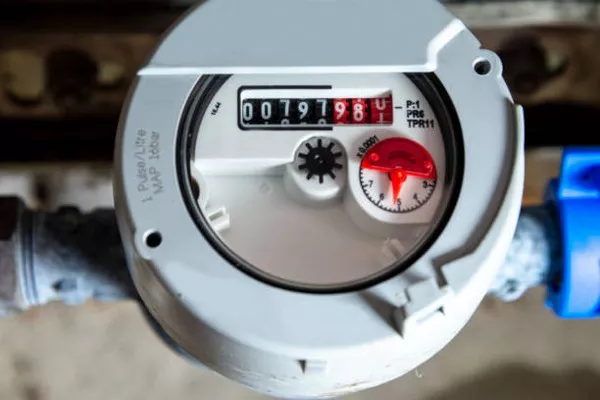In the realm of industrial instrumentation and fluid measurement, the magnetic flow meter stands as an emblem of precision and innovation. This sophisticated device, also known as a magmeter, harnesses the power of electromagnetic principles to accurately measure the flow rate of conductive fluids. Widely embraced across industries such as water management, chemical processing, pharmaceuticals, and more, the magnetic flow meter offers unparalleled accuracy, versatility, and reliability. This article delves into the intricacies of magnetic flow meters, shedding light on their working principles, applications, and the advantages they bring to fluid measurement and control.
The Essence of Electromagnetic Technology
At the heart of the magnetic flow meter’s operation lies the profound interaction between electromagnetic fields and conductive fluids. Its ability to measure flow stems from Faraday’s law of electromagnetic induction. The magmeter consists of a pipe through which the fluid flows and an electromagnetic coil positioned around the pipe’s exterior. The coil generates a magnetic field perpendicular to the fluid flow direction. As the conductive fluid flows through the pipe, it cuts across the magnetic field lines, inducing a voltage proportional to the flow rate. This voltage is subsequently measured and converted into an accurate flow rate reading.
Accurate and Versatile Measurements
One of the magnetic flow meter’s most remarkable attributes is its accuracy. Since the measurement is based on electromagnetic principles, it remains unaffected by factors such as fluid density, viscosity, temperature, or pressure. This intrinsic immunity to these variables lends the magmeter an edge over other flow measurement methods, particularly in scenarios where fluid properties may fluctuate. The accuracy of magnetic flow meters typically ranges from ±0.5% to ±1.0%, making them a favored choice for critical applications where precision is paramount.
Furthermore, the versatility of magnetic flow meters extends to their compatibility with a wide range of fluid types, whether they are electrically conductive liquids, slurries, or even corrosive substances. This adaptability makes them suitable for diverse industries, including water treatment plants, chemical factories, food and beverage processing, and more.
The Pinnacle of Reliable Performance
In addition to their accuracy and versatility, magnetic flow meters excel in delivering consistent and reliable performance. Unlike mechanical meters that incorporate moving parts vulnerable to wear and tear, the magmeter’s design ensures minimal maintenance requirements and prolonged operational life. The absence of moving parts also translates to reduced pressure drop, ensuring that the flow characteristics of the fluid are unaltered.
Applications across Industries
The magnetic flow meter’s applications span a vast spectrum of industries, reflecting its adaptability and efficiency. In water management and wastewater treatment, magmeters accurately measure the flow of potable water, sewage, and industrial effluents. In the chemical industry, where precise measurement is crucial for process control, magnetic flow meters find use in monitoring corrosive fluids and harsh chemicals. Similarly, the pharmaceutical sector leverages these meters for the accurate dosage of ingredients during drug manufacturing. The food and beverage industry, too, benefits from the hygienic and non-intrusive nature of magmeters, using them for dairy product processing, beverage production, and more.
Installation and Considerations
Proper installation is vital to ensure the optimal performance of magnetic flow meters. The pipe must be full and the fluid should be free from air bubbles, as air can inhibit the accurate measurement of electromagnetic signals. Additionally, the pipe’s diameter, lining material, and fluid conductivity are factors that influence the meter’s accuracy. It is crucial to select the appropriate electrode material and ensure proper grounding to minimize signal noise.
Innovation and the Future
As technology evolves, so do the capabilities of magnetic flow meters. Contemporary advancements have led to the development of smart magmeters, equipped with digital communication protocols that enable seamless integration into modern control and monitoring systems. These meters offer real-time data access, remote configuration, and diagnostics, enhancing operational efficiency and streamlining maintenance practices.
In conclusion
the magnetic flow meter epitomizes the synergy between scientific principles and industrial application. Its reliance on electromagnetic induction grants it immunity to fluid properties while delivering unmatched accuracy and versatility. This device’s presence spans industries, enabling precision measurements and process control across diverse sectors. As industries continue to evolve, magnetic flow meters stand as steadfast instruments of measurement, emblematic of technological innovation and the pursuit of precision in fluid dynamics.

